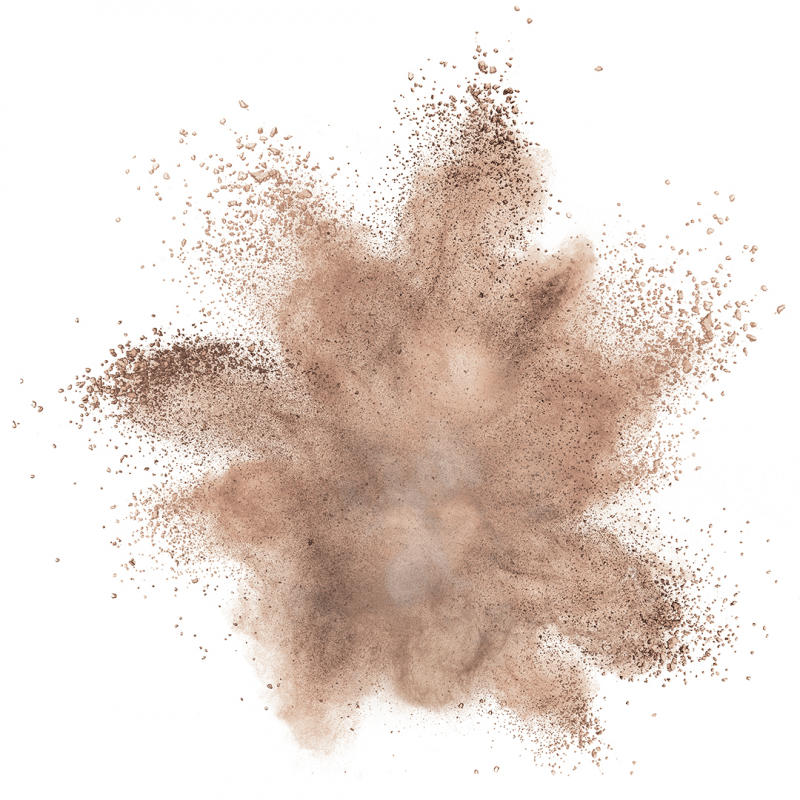PregnancyCare®
In stock
Daily dose contains
1 x Multivitamin-mineral tablet.
2 x Vitamin C with iron tablet.
1 x Calcium tablet.
2 x Omega-Krill™.
Nutrition facts
Multivitamin-mineral tablet with vitamin D3 and cranberry ingredients:
Vitamin C extracted from acerola berries tablet with organic iron ingredients:
Seaweed calcium tablet ingredients:
Antarctic Omega-krill™ fatty acids capsule with choline ingredients:
| Daily dose | Amount | NRV % |
|---|---|---|
| Vitamin A | 400 μg | 50 |
| Vitamin D(3) | 10 μg | 200 |
| Vitamin E | 10 mg | 83 |
| Vitamin K2 | 60 μg | 80 |
| Thiamin (Vitamin B1) | 1.5 mg | 136 |
| Riboflavin (Vitamin B2) | 1.6 mg | 114 |
| Niacin (Vitamin B3) | 17 mg | 106 |
| Vitamin B6 | 1.4 mg | 100 |
| Folate | 400 μg | 200 |
| Vitamin B12 | 2 μg | 80 |
| Biotin | 30 μg | 60 |
| Pantothenic acid (Vitamin B5) | 6 mg | 100 |
| Zinc | 9 mg | 90 |
| Copper | 0.9 mg | 90 |
| Manganese | 2 mg | 100 |
| Selenium | 60 μg | 109 |
| Chromium | 30 μg | 75 |
| Iodine | 175 μg | 117 |
| Cranberry | 75 mg | - |
| Daily dose | Amount | NRV % |
|---|---|---|
| Vitamin C | 100 mg | 125 |
| Iron | 40 mg | 286 |
| Daily dose | Amount | NRV % |
|---|---|---|
| Vitamin C | 25 mg | 31 |
| Calcium | 200 mg | 25 |
| Daily dose | Amount | NRV % |
|---|---|---|
| Total omega-3 fatty acids | 318 mg | - |
| DHA | 82 mg | - |
| EPA | 178 mg | - |
| Total marine phospholipids | 660 mg | - |
| Phosphatidylcholine | 566 mg | - |
| Choline | 82.6 mg | - |
| Astaxanthin | 100 μg | - |
Ingredients in PregnancyCare®
Related products

From 3 months before conception
FertilityMan®
We take care of everything, so you only have to concentrate on one thing.
By subscribing we take care of everything and send you a package every month. You can unsubscribe at any time.
It's that easy:
1. Choose your product and subscribe to it.
2. We will send it to you every month.
3. You can unsubscribe from the subscription scheme at any time, free of charge.
4. When/if you switch product to PregnancyCare™️ or MaternityCare™️, you receive the first box free of charge.
5. You have access to 1 free E-consultation with an expert once a year.











-shopify.png?v=1603789675)
-shopify.png?v=1603789692)
-shopify.png?v=1603789712)

---new-shopify.png?v=1603791328)

-shopify.png?v=1603790065)
-shopify.png?v=1603789732)




















